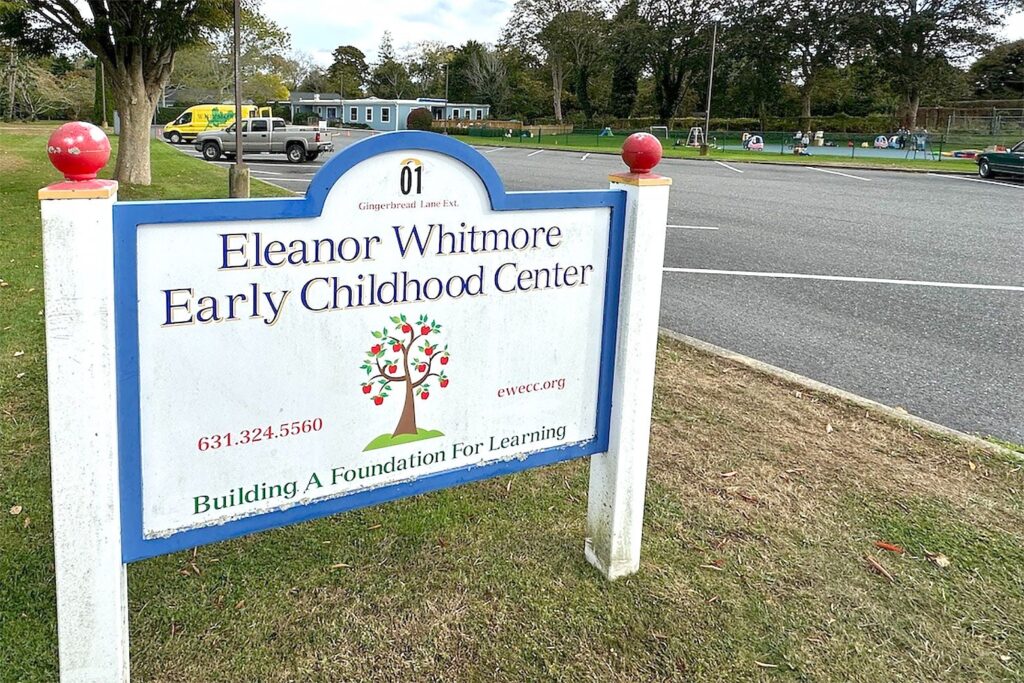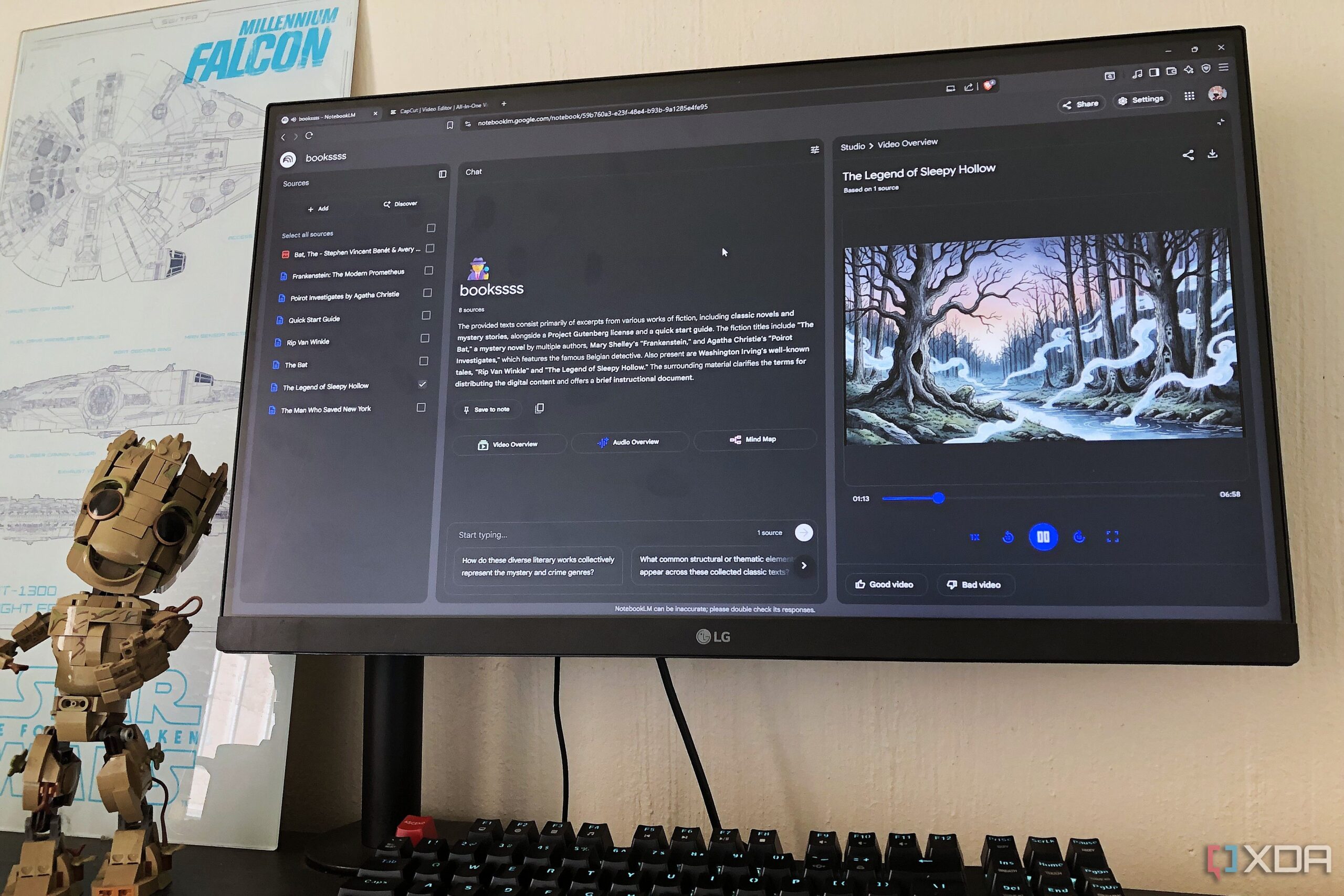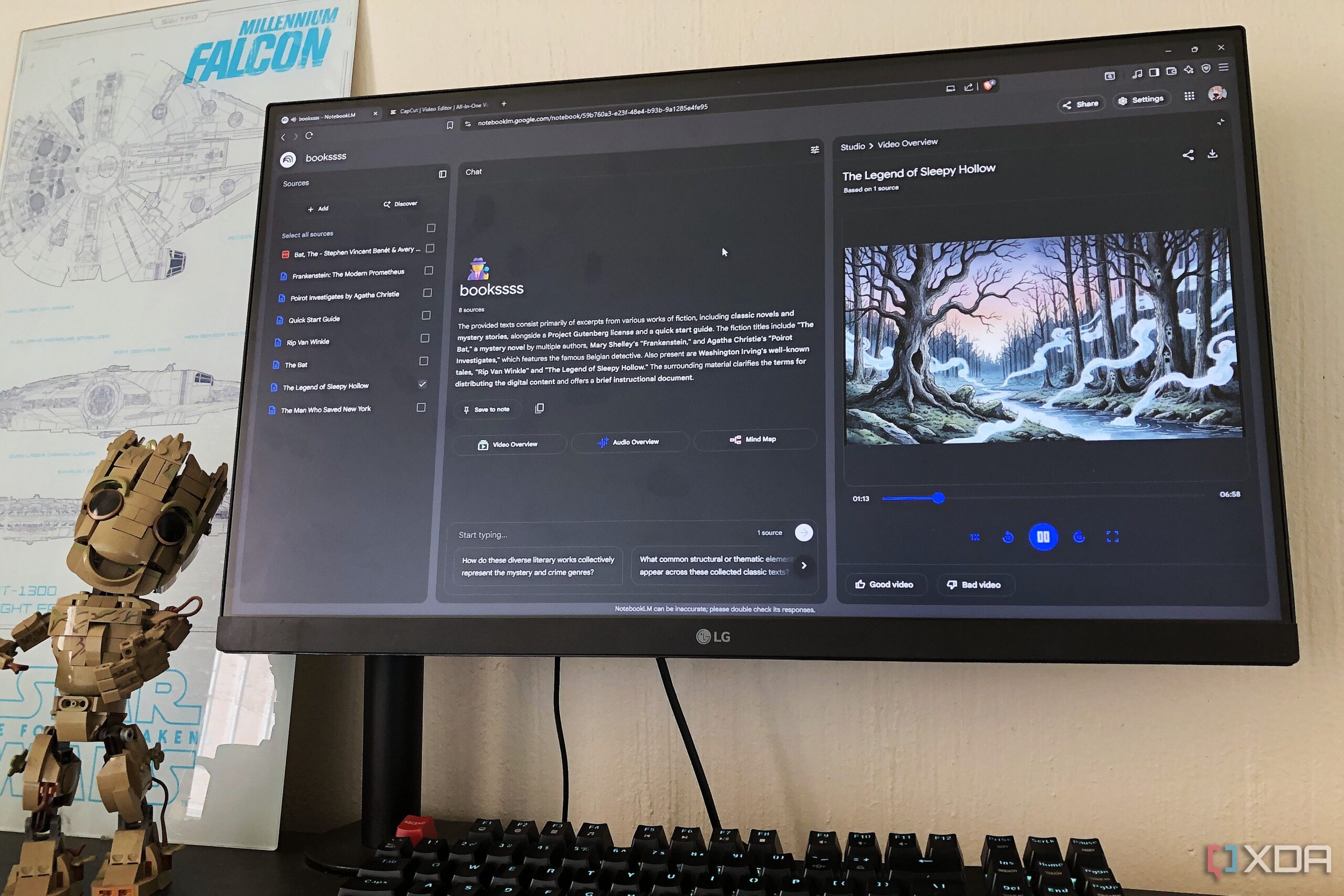
UPDATE: A growing child care crisis is unfolding in the Hamptons, as rising costs and limited options leave many working families struggling. The Eleanor Whitmore Early Childhood Center in East Hampton is feeling the pressure, with over 100 families currently on a waiting list for affordable care.
On a foggy May morning, children at the center enjoyed music and activities while their parents faced a harsh reality: living in a federally designated child care desert. Over 12 percent of East Hampton residents live in poverty, according to town supervisor Kathee Burke-Gonzalez. As costs soar and support dwindles, families are left wondering how to afford raising children in one of the nation’s wealthiest playgrounds.
Despite the Hamptons’ reputation for luxury, the community is rife with working-class families, including teachers, landscapers, and restaurant workers, who are increasingly priced out. The American child care system is described as “crumbling,” and with federal pandemic aid now expired, costs are rising faster than inflation. A report from Care.com reveals that families now allocate over 22 percent of their income to child care, often exceeding their rent payments.
In New York, infant care can cost nearly $20,000 annually, making access to affordable options even more critical. The Eleanor Whitmore Center, founded in 1969, remains the only nonprofit full-day early education program on the East End, charging $375 a week and serving children from 18 months to 4 years old.
“We don’t know what we would do without the Eleanor Whitmore Center,” said local parent Cristina Fonalledas, highlighting the center’s crucial role in offering affordable education and care. The center’s mission is further complicated as it faces the dual challenges of funding and staffing. While East Hampton awarded the center $185,000 in grants, it still relies heavily on donations to meet growing demands.
As Tim Frazier, executive director of the center, noted, “A spot in a full-day, affordable program is a privilege.” The community’s demand for infant care is so high that Frazier announced a new program launching this September, already with a waitlist of over 50 infants.
The rise in property values and a shift towards luxury short-term rentals have pushed many local workers farther from their jobs, exacerbating the child care crisis. Parents are now juggling multiple jobs and relying on informal daycares, while inflation continues to strain their resources.
Local resident Jameson McWilliams described the alarming discrepancies, saying that child care costs can feel like “a mortgage payment.” The income disparity is further highlighted by the high rates charged for babysitters and nannies, often exceeding $35 an hour, while the center’s affordable tuition includes meals and snacks.
In response to these challenges, the Eleanor Whitmore Center is innovating with staggered schedules and summer programs, yet staffing remains a significant hurdle. Employees often commute from distant towns, and many struggle to afford living close to the center.
“Staffing is an issue because housing is an issue and child care is an issue,” Burke-Gonzalez explained, emphasizing the real consequences for local families and businesses. The community must confront the reality that without affordable housing, essential workers may no longer be able to live and work in the Hamptons.
As the Eleanor Whitmore Center prepares for its upcoming fundraising event to support its new infant program, the need for awareness and sustainable support is more urgent than ever. A recent fundraiser aimed to raise $20,000, but only $3,000 remains to be met, illustrating the financial strain faced by the center.
With immense wealth coexisting alongside great need, the future of child care in the Hamptons hangs in the balance. The community must rally to support initiatives like the Eleanor Whitmore Center, ensuring that all families have access to quality early education, regardless of their income. “Education should never depend on whether parents hold affluent positions or work overtime,” said program director Mercedes Counihan.
As the Hamptons grapples with its dual identity, the urgent question remains: Who can afford to raise a child in this exclusive enclave? The clock is ticking for families who desperately need affordable child care solutions.






